The China National Space Administration (CNSA) on Thursday revealed the international payloads that will piggyback on the Chang'e-6 lunar exploration mission, and announced another call for international payload proposals for the Chang'e-7 mission.
The CNSA has announced that it will carry scientific instruments from France, Italy and the European Space Agency/Sweden on the Chang'e-6 mission's lander, and a Pakistani payload on the orbiter.
At present, these four international payloads are technically feasible to carry, and all of them are on schedule for development work, it added.
Since it announced the cooperation opportunity in April 2019, offering to carry 10 kg of payloads on both the lander and the orbiter of the Chang'e-6 mission, it has received more than 20 piggyback proposals, according to the CNSA.
The Chang'e-6 mission, scheduled for launch between 2024 and 2025, will involve an on-site investigation, the retrieval of samples from the far side of the moon, and systematic and long-term laboratory research on samples collected.
The Chang'e-7 mission, expected to be launched around 2026, aims to explore the environment and resources at the south pole of the moon and lay a foundation for the construction of an international lunar research station, according to the CNSA.
Chang'e-7, which includes a lunar orbiter, a lander, a rover, a flying vehicle and multiple scientific instruments, aims to land at the South Pole-Aitken Basin, the CNSA said.
China has invited scientists around the world to participate in the mission, offering to carry 10 kg of payloads on the lander, and 15 kg of payloads on the orbiter, the CNSA said.
The deadline for submissions of letters of intent is Feb. 1, 2023. The preliminary selection is expected to be completed in early April and the international payloads the Chang'e-7 will carry are expected to be confirmed in early July, it said.
The CNSA unveiled the latest lunar exploration mission updates during the 2022 United Nations/China 2nd Global Partnership Workshop on Space Exploration and Innovation, which opened on Monday in Haikou, capital city of China's southern island province of Hainan.








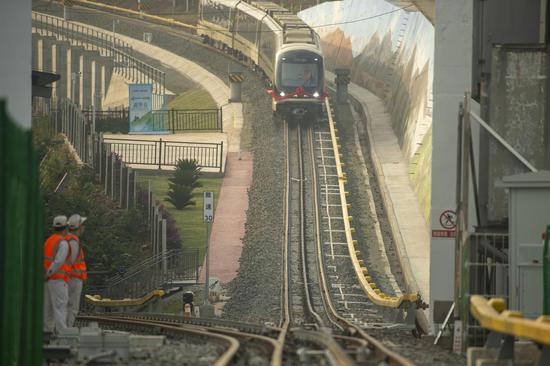



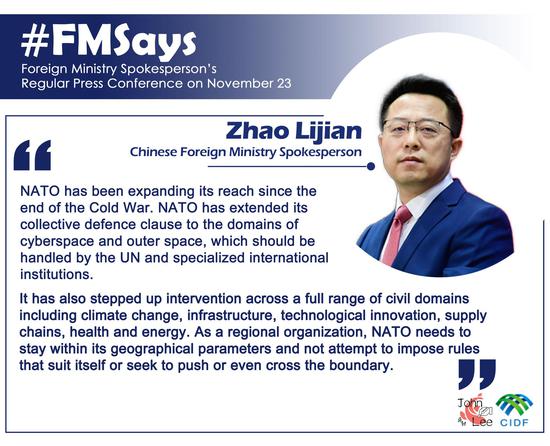
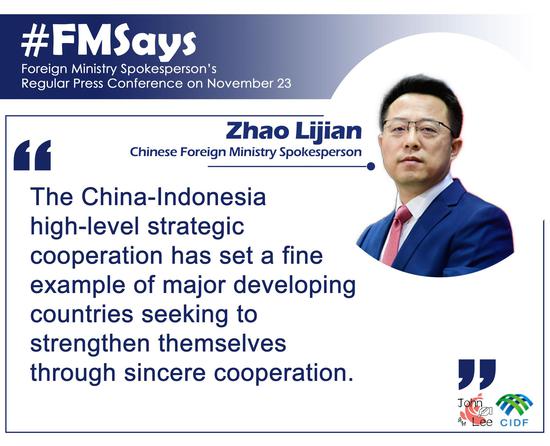


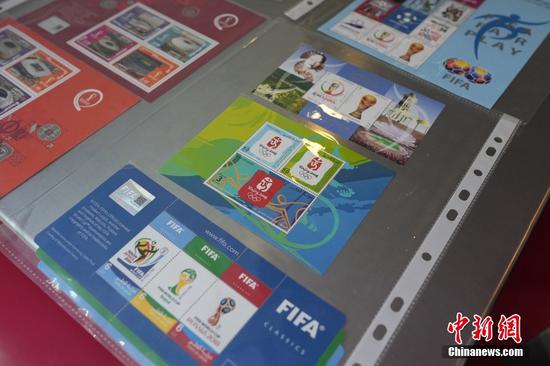

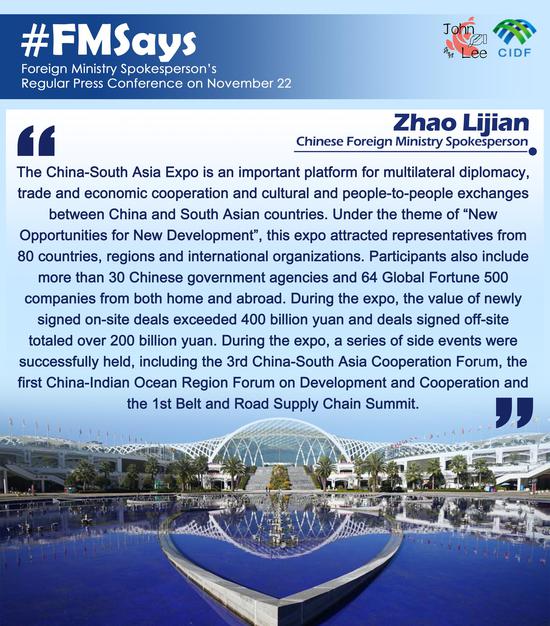
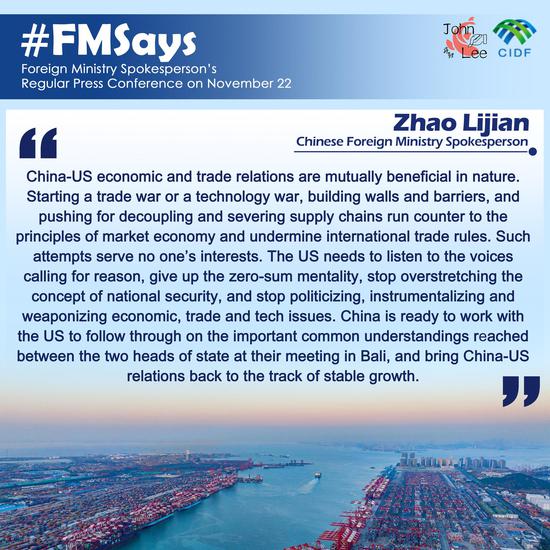

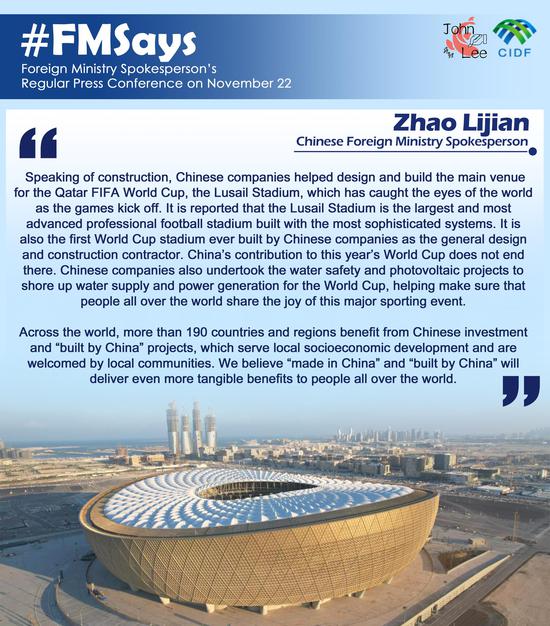
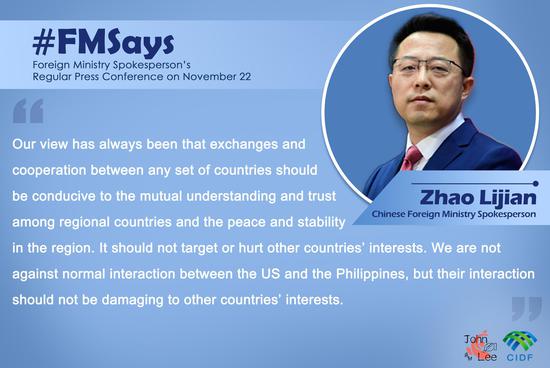


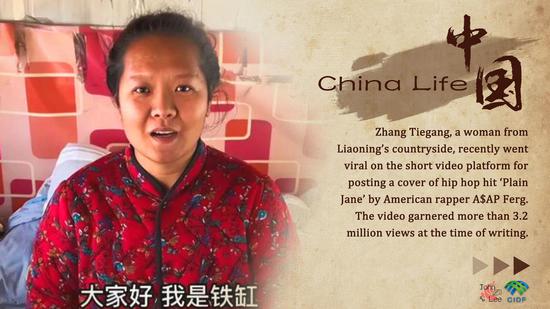
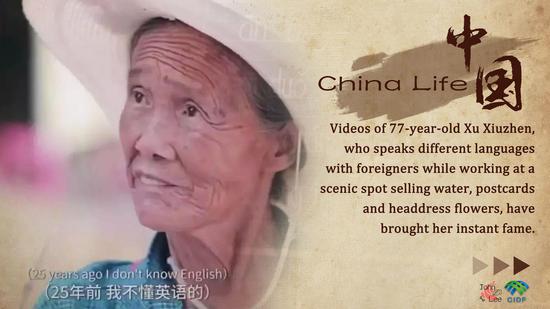

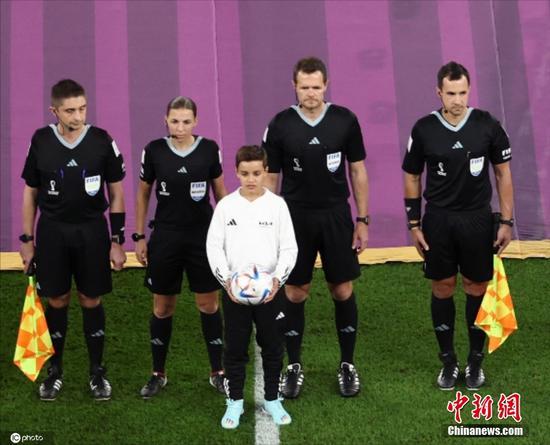


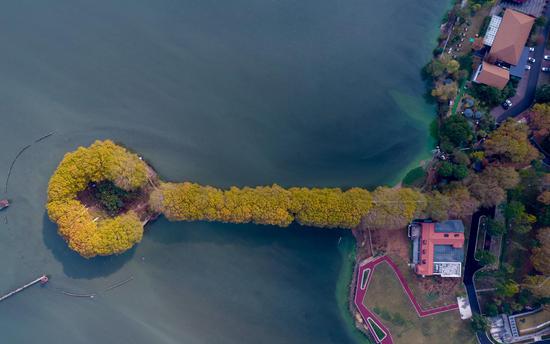
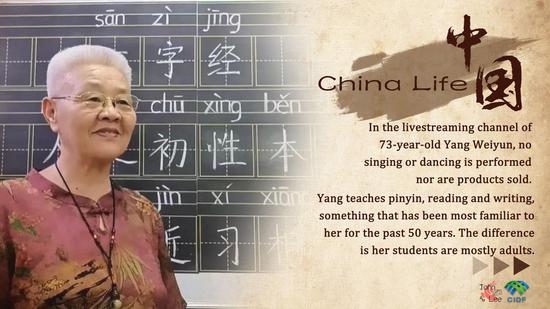



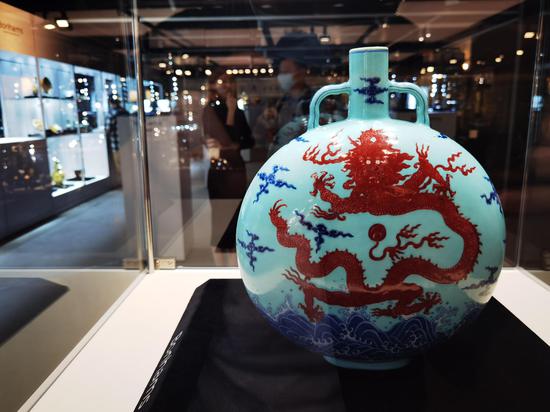

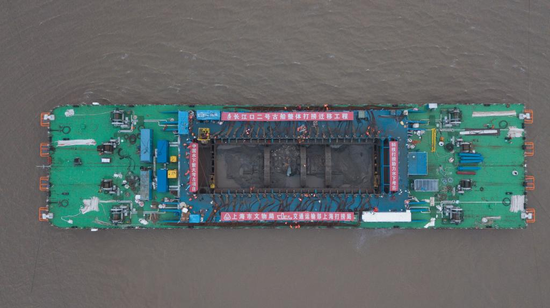
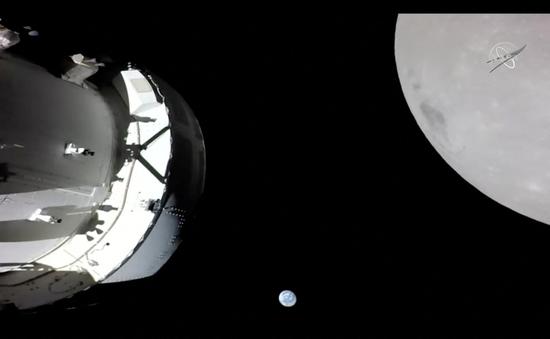
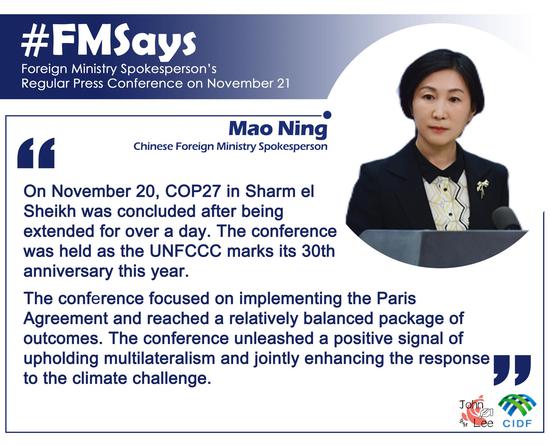

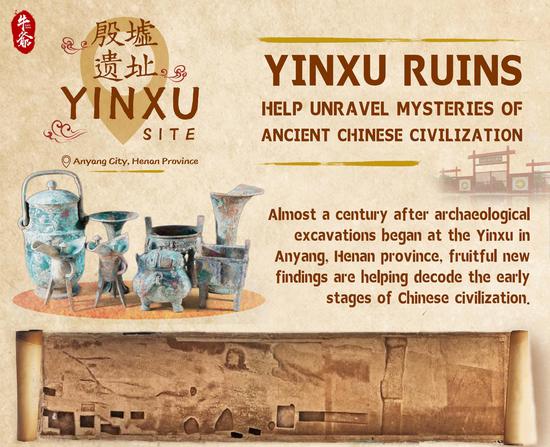
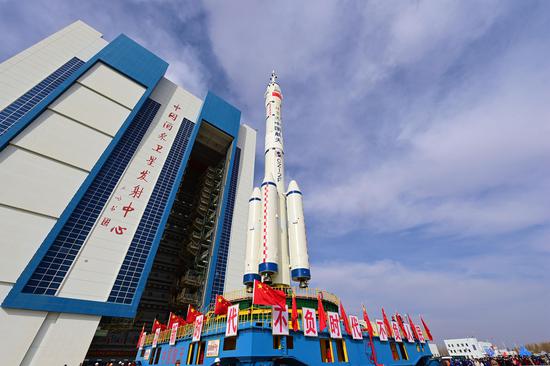






 京公网安备 11010202009201号
京公网安备 11010202009201号